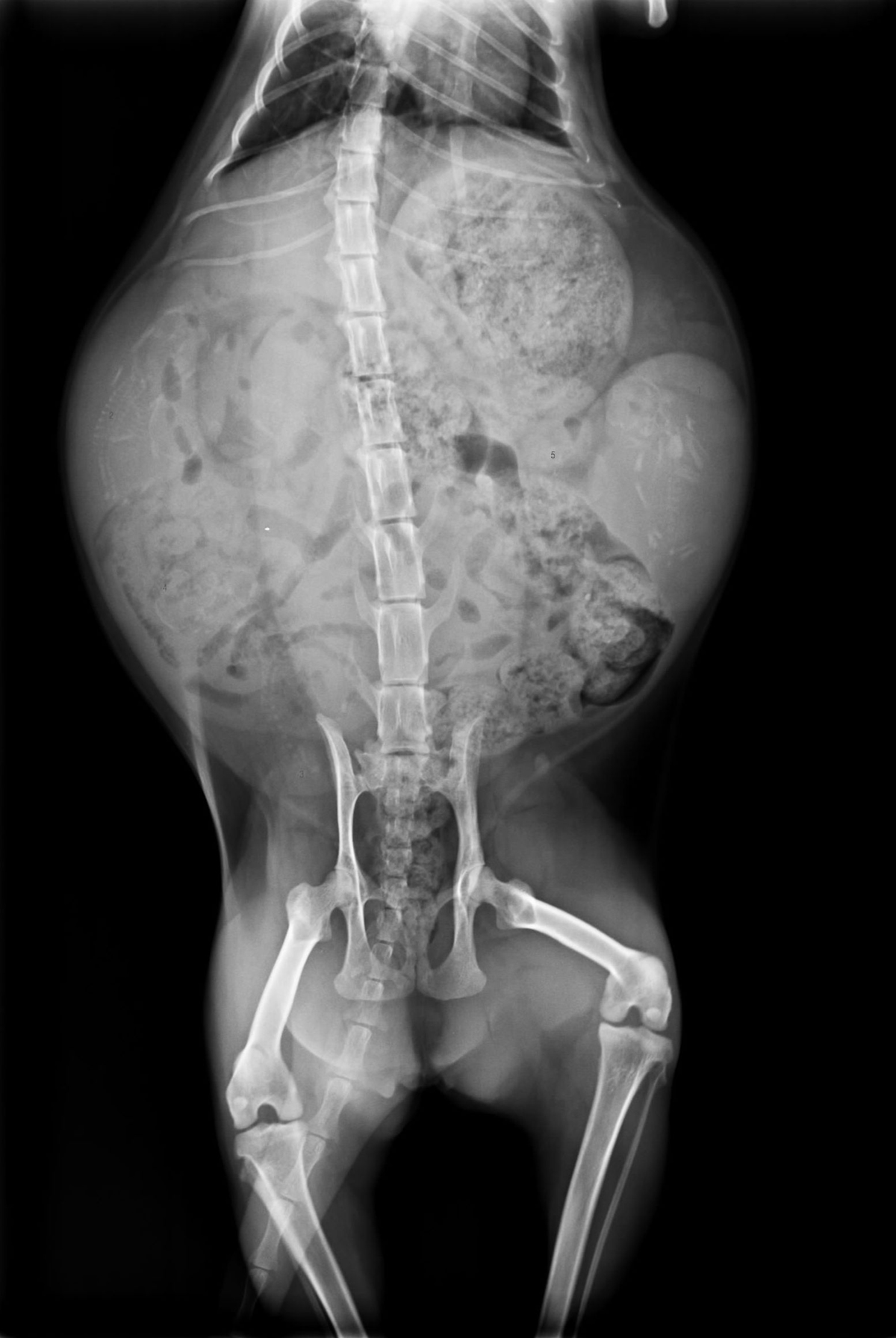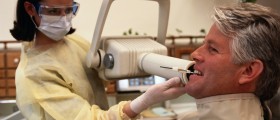
Overview of X-Rays
Pregnancy is a very special time in any woman’s life and it requires particular concern when it comes to health. Medical health professionals strongly advise against smoking tobacco and drinking alcohol, and using over-the-counter or prescription drugs while at the same time they recommend a healthy, balanced diet, and moderate exercise. Also, administering X-Rays to a pregnant woman should be analyzed in detail in order to provide all the necessary information about the potential risks and benefits to prospective parents. The aim of X-Rays is to provide insight into the person’s internal organs, bones, tissue, or muscles, and in turn reveal anomalies as well as grants the opportunity for treatment.
Importance of Safe Pregnancy
X-Rays have some adverse effects on healthy individuals, and should be employed only when necessary. It is not that common for pregnant women to require abdominal X-Rays, but in special circumstances, such as the presence of an underlying medical condition, a health care provider may ask for one. Only if the benefits outweigh the risks of being exposed to X-Rays will the primary medical provider ask for the screening. In most cases, the risks from being subjected to the residual X-Ray radiation are fairly low, but should be assessed in detail as to inform anyone who is in need of the images. A radiologist or a radiological technician is the person in charge of taking X-Rays, and in most cases they will always ask if the patient is or might be pregnant in order to reduce the risks. The dosage of radiation used to generate clear pictures is small for the general population, but in pregnant women can be reduced even further if necessary. However, most health care professionals will only administer X-Rays on pregnant individuals if deemed essential.
Effects of X-rays on Pregnancy
When performing X-Rays of the extremities, head, chest, or teeth the abdomen is subjected to danger and therefore not affected. If done carefully, such procedures do not pose any risk for the fetus or the mother. On the other hand, if the woman requires X-Rays of the retinal area, pelvis, stomach or abdomen the fetus is exposed to radiation and there is merit for concern. The exact effects or the extent of X-Ray produced radiation on an unborn child are unclear across the scientific community, but there is general consensus that radiation, as well as alcohol, tobacco, and drugs are harmful. Adverse elements which interfere with cell formation and development can lead to various types of anomalies right at birth or may advance sometime in life. On the other hand, it should be noted that most birth defects are the product of genetic deviations or random errors in development rather than external negative elements. Consequently, even if an individual is subjected to X-Ray radiation before becoming aware of the pregnancy, chances of any developmental or health problems in childhood or later in life are fairly low. If the individual is exposed to a large amount of X-Ray radiation due to repeated screening and is unaware she is pregnant the primary health care provider will assess the risks for both the mother and the unborn child. In addition, the primary risk of repeated exposure to radiation involves cancer, and not birth or developmental defects. Cancer could develop either during childhood or later in life, and the possible risk from X-Ray radiation is 1 in every 1000 to 10 000 individuals. The further away from the abdomen the area that needs to be X-Rayed is the smaller the possibility that the baby will be exposed to radiation.
Precautionary Measures in Pregnancy
Any woman required to have X-Rays taken should inform her health care provider should she be pregnant. Most, if not all medical procedures, from medication prescriptions to scanning tests need to be altered when performed on pregnant women regardless of the stage of pregnancy to lower the risk of possible side effects. In case an individual requires diagnostic X-Rays but has pregnancy like symptoms it is advised that there be a pregnancy test to make sure, especially if the X-Rays are of the abdomen or the renal area. Any woman who is or suspects she might be pregnant and is asked to assist children during an X-Ray procedure should wear protective gear around the torso. Many medical professionals recommend that individuals keep all their X-Rays as there may not be a need for additional ones. Pregnant women should advise their health care professional if they had taken any X-Rays recently. It is possible that the doctor would not allow for repeated exposure to radiation. Anyone who is pregnant and requires an X-Ray should be informed about the benefits and risks in order to make decisions regarding their own health and the health of their baby.









-Test-And-What-Do-The-Results-Mean_f_280x120.jpg)







Your thoughts on this
Loading...